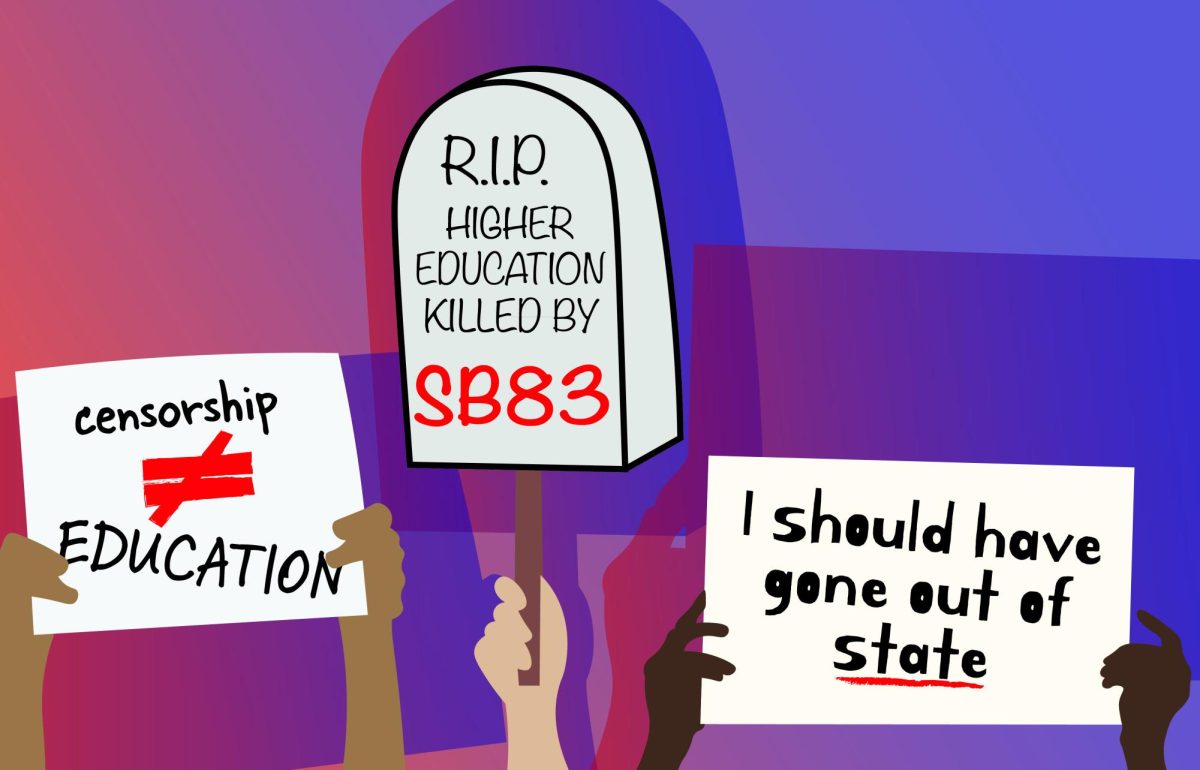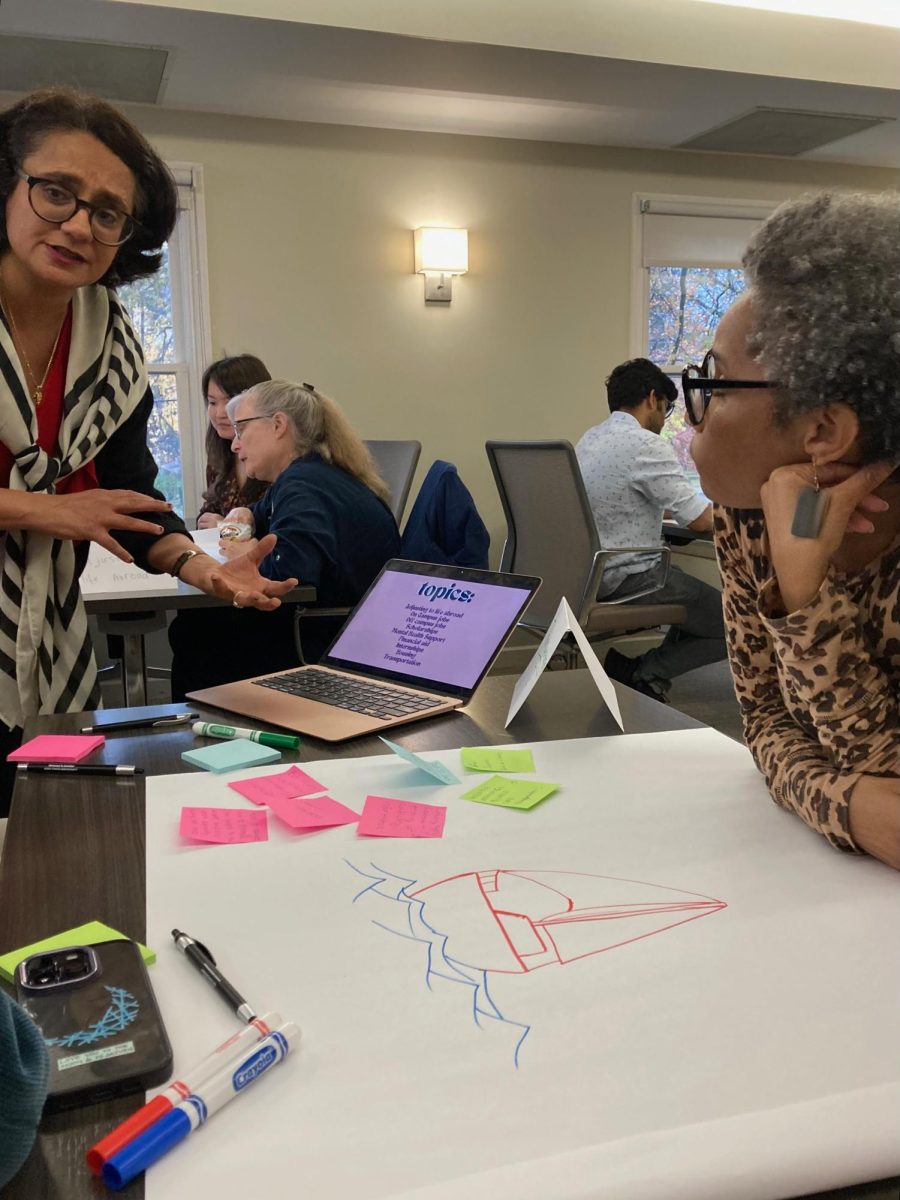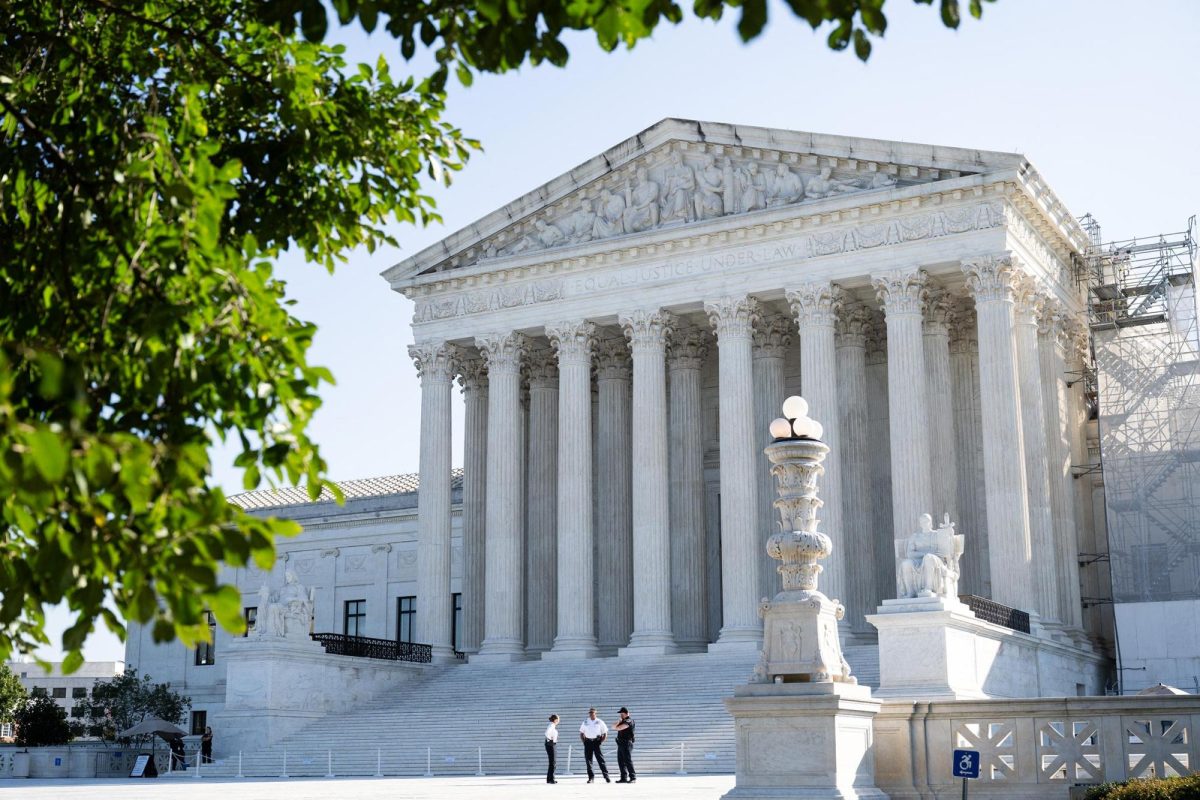The Supreme Court ruling that effectively banned affirmative action and Senate Bill 83’s impact on diversity, equity and inclusion funding continue to affect students financially.
“Having a lot of the scholarships denied definitely took a toll on my family financially and we’re still paying those loans, but we’re trying to make it work,” freshman biology major and President of the Native American Student Association, El Lewis (Taqqiq) of the Inuvialuit tribe said.
According to The New York Times, as affirmative action policies and diversity, equity and inclusion programs are removed from colleges across the United States, legal guidelines empowering colleges to grant preferential admission and DEI based scholarships to historically underrepresented groups, are diminishing.
“We don’t get that leg up that other people get, if anything we get pushed down,” senior peace and conflict studies major and director of Women of Color and Advancement for Sister Circle, A’kyra Holley said. “If you take away race based scholarships, it may be inclusive but it’s no longer equitable.”
Dr. Charmaine Crawford, associate professor of Africana studies and Director of the Center for the Institute for African American Affairs, explained there is an evident relationship between racial and income inequality as Black students face this dynamic when financing their education.
“The guidance provided by the Supreme Court and from the state is effective for any institutional funds that the institution awards,” said Brenda Burke, Associate Vice President of Scholarships and Financial Aid. “If a private endowment [or] an individual person wanted to award something based on a selected criteria and whatever criteria, they are okay to do so, but Kent State itself is not allowed to.”
Discourse surrounding affirmative action, DEI funding and opportunities being limited are topics of discussion amongst minority populations on campus.
“A lot of students benefited, me included, from the Oscar Ritchie Scholarship, a race based scholarship that is on hold, and there isn’t any dialogue and students are left in the dark with no assistance,” said senior Africana studies major and Director of Political Affairs and Grievances for Black United Students, Dimaya Mayfield. “I wasn’t prepared to see this affecting us this quickly.”
The university is looking at the Oscar Ritchie Fund as a whole and plans to honor the institutional donor intent of the fund while changing the criteria to adhere to guidance provided by the state going forward, Burke said.
The university’s free Academic S.T.A.R.S summer program, that allows incoming African American, Latinx, Native American and Multi-Race identifying students to transition to campus, was put on hold for the 2024-2025 academic year.
Crawford said her colleagues have mentioned the S.T.A.R.S program has been going on for decades. Now that it was cut, they are concerned about program cuts without rationale and consultation.
Students also express their frustration with losing the one “upper-hand” they had in the education system.
“The reality that we’re living in, we stand a very fair chance of losing those things to really aggressive legislation in Ohio,” Mayfield said. “Opportunities are only here from students who went here, wanted and fought, as nothing in this world is handed to marginalized students by asking nicely, so be diligent in spaces protecting education and other identities.”
Kent State has not had to “adapt drastically” due to the Supreme Court’s affirmative action ruling, Associate Vice President of Enrollment, Management and University Orientation Collin Palmer said.
“There hasn’t been much change at all in our [admissions] process because race was not a part of our admission review even prior to the affirmative action decision,” Palmer said.
Palmer has seen a shift in higher education discourse due to these policy changes.
“I think all of us are trying to continue to understand how this impacts our practices but ultimately how it impacts students and our ability to support students through the application process,” Palmer said.
Burke said the diversity of the entering freshman class did not experience negative changes due to the hold on race and minority based scholarship awards.
“We just ran some statistics this past weekend about diversity for our entering freshman class and diversity was not affected by these scholarships at this time,” Burke said. “Our diversity actually increased from our entering freshman class from the previous year to this current year so, it did not have a negative effect on our current entering class’s diversity.”
Students have found camaraderie in their communities despite facing financial adversity due to Kent’s changes to their race-based scholarship system.
“There is so much power in the Black community at Kent State,” Holley said. “Start being change makers and start pushing for the world you want to see, the school that you want to see and the school you want the next people to have.”
Lauren Bischof is a beat reporter. Contact her at [email protected].








